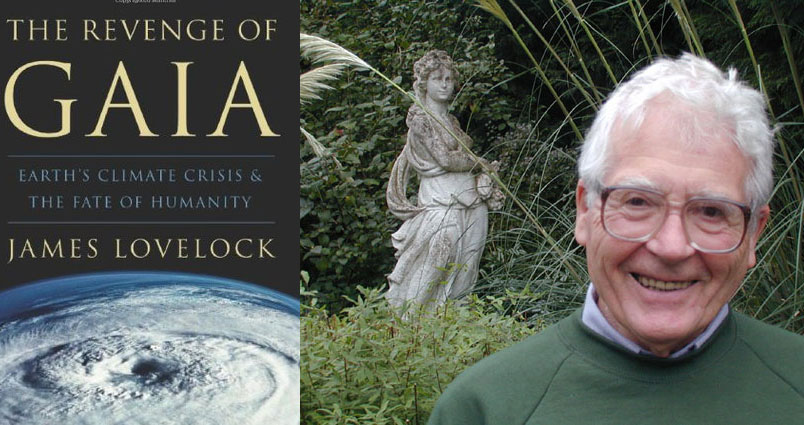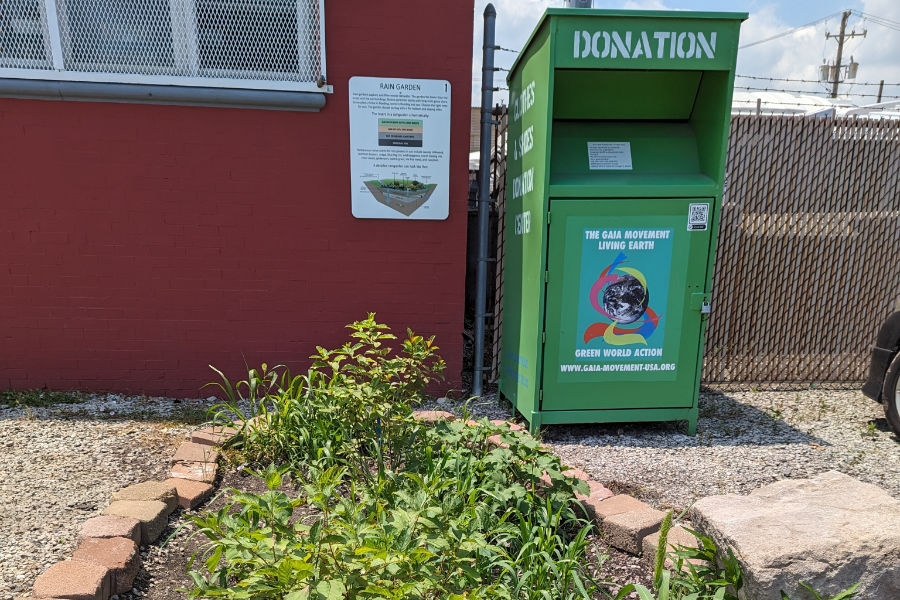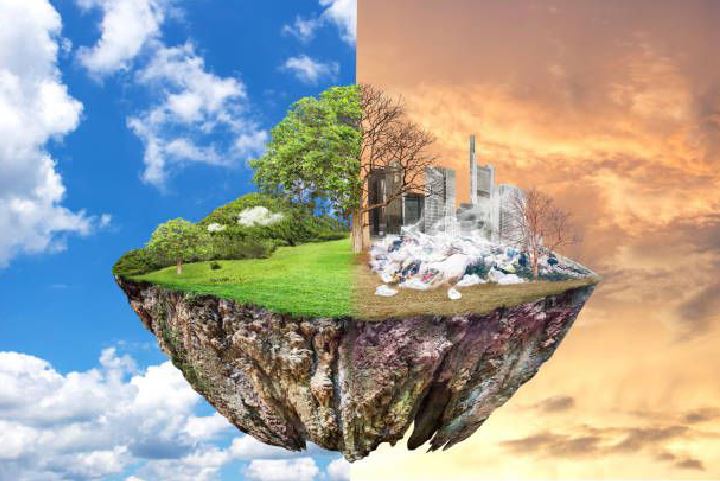Extract from an interview with James Lovelock made by Stuart Jeffries from The Guardian, March 15, 2007 about Lovelocks book: “The Revenge of GAIA”
‘We should be scared stiff’
Renowned scientist James Lovelock thinks mainland Europe will soon be desert – and millions of people will start moving north to Britain.
If you think Britain is intolerably crowded today, you might well want to brace yourself before reading the next sentence. Because this country is going to become much, much more densely populated over the course of this century as millions of people flee the uninhabitable desert that mainland Europe is doomed to turn into.
The America-sized chunk of floating ice that currently covers the Arctic will melt. As a result, the current habitat of polar bears will eventually be the place where our descendants live out their pitiful existences. “Most life will move up to the Arctic basin because only it and a few islands will remain habitable,” says Lovelock, who is most famous for coming up with the Gaia hypothesis – the idea that the Earth functions as some kind of living super-organism.
Lovelock is now seriously concerned about said super-organism. Humanity’s vast output of carbon dioxide over the past two centuries has prompted the deserts to spread towards the poles at an alarming rate, he says. “The Sahara is heading north. So where’s the food going to come from? Not from the European mainland. Even here things are changing: there are in Britain now scorpions and snails hitherto only seen in the Mediterranean. Recently I saw hawk moths. Something terrible is happening.
“I think people forget that the whole world is going to be affected. Climate change will affect China and the US.” Lovelock envisages that the Chinese people will press to live in a newly lush Siberia before the century is out.
“We should be scared stiff. If you speak to any senior climatologists, the summer of 2003 [in which thousands of Europeans, many of them elderly, perished in the heat] will be the norm by 2050. Old people might have air conditioning, but that won’t help the plants which we need to regulate temperatures. It will become a desert climate.”
Lovelock reckons that the British Isles will be among the few island oases in a world given over to desert, scrub and oceans devoid of life: “Everybody in Europe will be wanting to come here.”
Only with greater population density in urban areas can it be divided up in the way he believes to be sustainable: one third for cities, industries, ports, airports and roads; the second third for intensive farming, though only enough for the population’s needs; and the final third left entirely to the natural world.
How can we reduce human population to more sustainable levels? “We can’t solve the problem. There’s no human way of cutting numbers. You can empower women and persuade them to have fewer children but we don’t have the time for that.”
He suggests that the current population of six billion humans will be cut to a more ecologically sustainable half-to-one billion people. “How will this mass cull happen? “It’ll be worse than Hitler – Gaia’s going to do it,” says Lovelock. He writes about this chillingly at the outset of the Revenge of Gaia, where he considers the December 2004 tsunami. “That awful event starkly revealed the power of the earth to kill. The planet we live on has merely to shrug to take some fraction of a million people to their deaths.
·Lovelocks book “The Revenge of Gaia” is published by Penguin, price £8.99.
Go to this link to read the full Guardian article:
http://www.guardian.co.uk/environment/2007/mar/15/desertification.ethicalliving








